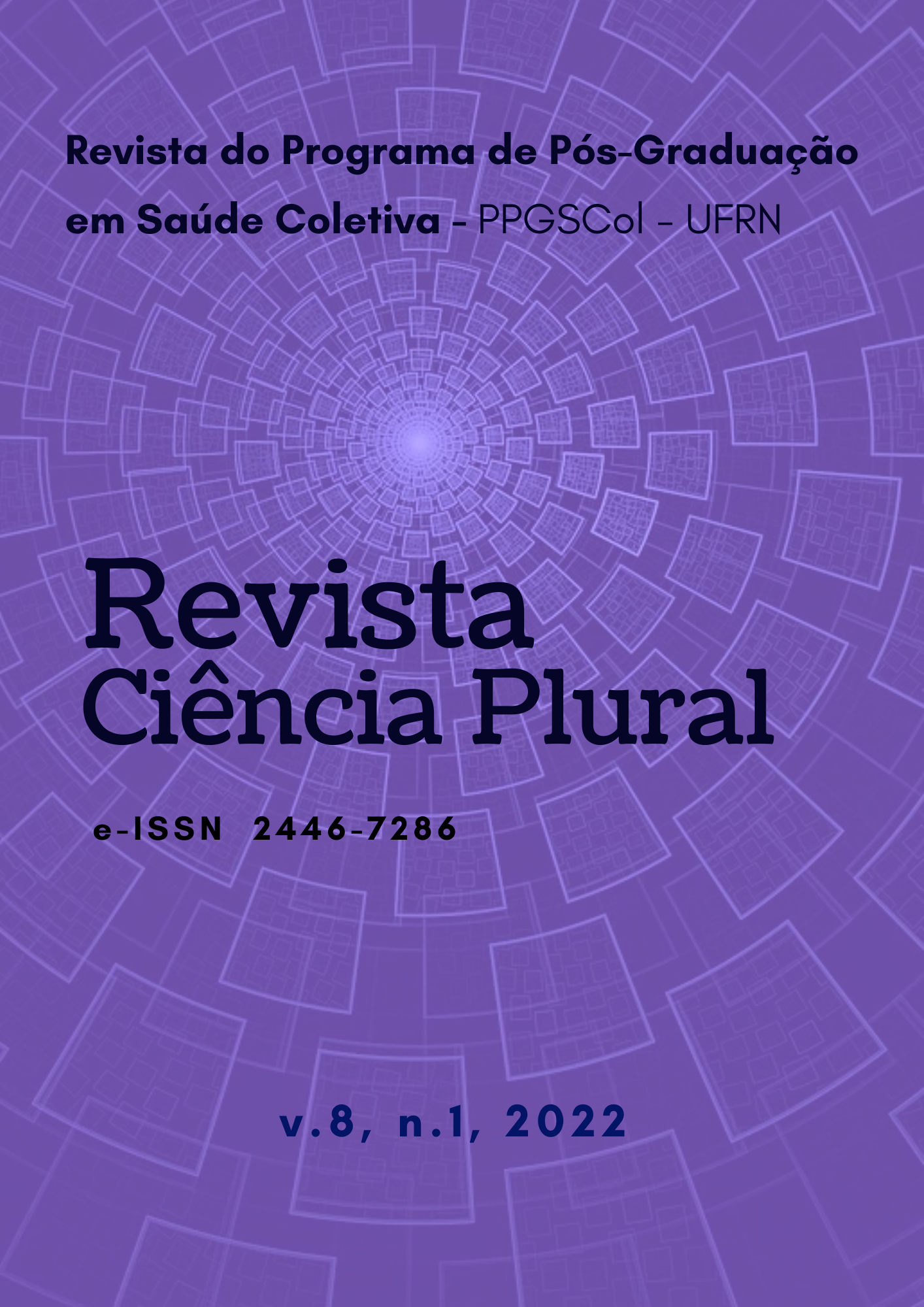Who believes sometimes does not reach: idealizations about being before being a community health agente.
DOI:
https://doi.org/10.21680/2446-7286.2022v8n1ID24715Abstract
Introduction: The idealization process is part of the constitutive of the subjects, so that life at work is not alien to these perspectives deposited in the unknown. The feeling of frustration when such expectations are not met, can generate suffering that produce significant impacts on the quality of life of the worker. Objective: Community Health Agents (ACS) were the subjects of this research, which aimed to discuss the ideals regarding the work process. Methodology: The 62 CHAs in a municipality in Rio Grande do Sul, presented a dimension of “being a community health agent” in the Family Health Strategy (FHS), through an exploratory descriptive study, with qualitative and quantitative treatment, characterized by also, as a census survey. Qualitative processing was carried out through the chaining of the Collective Subject Discourse (CSD), through which the embodied speeches provided four central ideas and four speeches. Results: The following idealizations were identified and discussed through the DSC of each of the categories: contact with people outdoors; quality of life; resolvability of users' problems; gratification and recognition for work; schedule flexibility; wage issue; employment relationship and stability; work close to home. Not all speeches demonstrated idealizations, since, unemployment was one of the motivations presented in the choice of profession. Conclusions: The study brings to light the reality, as another scientific note for managers and government officials, regarding the importance of these professionals for the public health system and the process of longitudinal degradation in which they are immersed.
Downloads
Downloads
Published
How to Cite
Issue
Section
License
À Revista Ciência Plural ficam reservados os direitos autorais referente a todos os artigos publicados.

 Português (Brasil)
Português (Brasil) English
English Español (España)
Español (España)













